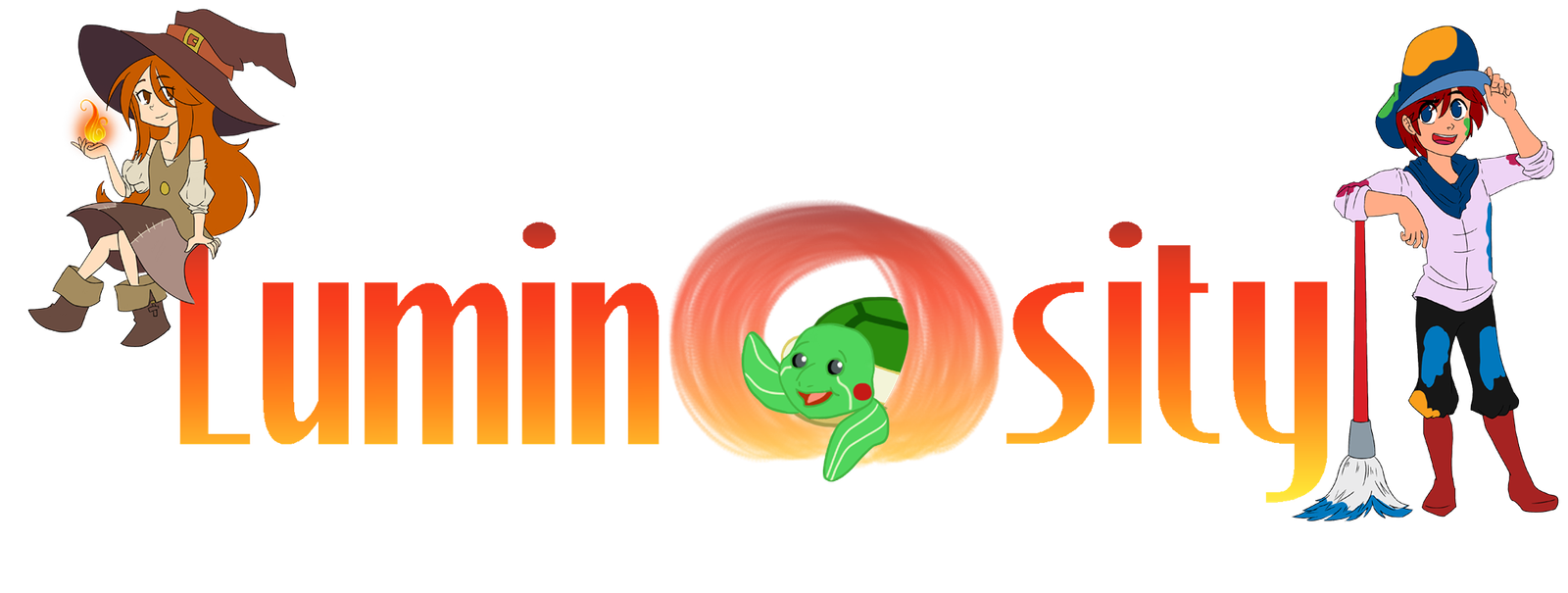[et_pb_section admin_label=”section”][et_pb_row admin_label=”row”][et_pb_column type=”4_4″][et_pb_image admin_label=”Image” src=”http://luminositymobile.com/wp-content/uploads/2016/09/video-games-money.jpg” show_in_lightbox=”off” url_new_window=”off” use_overlay=”off” animation=”left” sticky=”off” align=”left” force_fullwidth=”off” always_center_on_mobile=”on” use_border_color=”off” border_color=”#ffffff” border_style=”solid”]
[/et_pb_image][et_pb_text admin_label=”Text” background_layout=”light” text_orientation=”left” use_border_color=”off” border_color=”#ffffff” border_style=”solid”]
Through the years, I’ve noticed a trend among indie game developers. I imagine it’s the same for many creatives in their respective scene. When you start talking about how to make money on your craft a lot of people jump in and ask, “Why does it have to be about money?” or “If you expect to make money, you’ll be disappointed.” It’s almost as if they are encouraging the idea that you shouldn’t make money as an indie.
The problem is that they then say you need to pay your artists and programmers a decent wage. Something I agree with. However, if you don’t make money on your games, how can you pay?
What Defines an Indie
There’s a question of what makes an indie game. For the most part, indie games are smaller in scope than AAA, have less of a budget, but ultimately allows for greater freedom of expression and innovative gameplay elements. With that said, not all indie games follow this pattern. Many offer conventional mechanics. Some studios might even have large budgets. And while most indies don’t receive funding from publishers for their work, there are a few who do. In fact, there’s a burgeoning indie publisher market. These companies help on the marketing end, but much more also provide some funding for development.
When you look at all of the exceptions, the term indie doesn’t seem to define anything. Perhaps the most consistent factor, however, is the size of the team. For the most part, indie studios are small ranging from a single individual to around thirty. Most raise money on their own or via crowdsourcing to get it off the ground. And many, many more do not make back the money they have put it.
The Plight of Indies
It’s a sad fact that most indie game developers don’t make enough money to work there full-time. Many work day jobs to fund their dream (like us). Thanks to game engines and free art assets, it’s getting easier to make games and this leads to a flooded market. That means it’s very likely many people won’t even see your game. Take Steam for example. It has over 125 million active users, yet the average game only sells around 32,000 copies. And you can bet most of those sales are when the developer reduces the price or when it’s part of a Humble Bundle. You can imagine on iTunes or Google Play that number is much lower.
Since most indies can’t make a living off their earnings, it’s become almost an in-joke. Many people on these Facebook group post how much their game has made on ad revenue. These range from $0.01 to $1.45. It’s funny and sad at the same time.
Indie’s Relationship With Money
All that to say indies have a very mixed relationship with money and earnings. For the most part, they want to make a living off of what they love, but with so much competition and general lack of marketing savvy and influence, it’s a tough road.
Eventually, many indies seem to give up on making money. They resign themselves to creating games for no profit and believe that’s just the way the industry is. With so many other developers in the same boat, it’s almost comforting not to make money because you can be part of the crowd and sympathize. It’s easy to give in to a certain amount of complacency. I’ve certainly been guilty of it. Why even bother sending a note to some large game press? They receive thousands of emails and they won’t cover the game for one reason or another. This sort of thinking leads to another – a love-hate relationship with money. Indies want it, but because most won’t make any they hate talking or even thinking about it.
Selling Out
This isn’t a new idea. In fact, for most creative outlets there’s this romanticization of being a struggling independent. Fans and other indies are the ones who spread this idea. You’ll often hear people say, “I liked this group before they went mainstream.” It’s a mark of pride for fans. For indies, I believe it’s a means of protection. Seeing another indie make it big-time, whether it’s scoring a record label or making billions on a game like Notch, reminds them they haven’t reached that level yet. It’s a hard pill to swallow so many simply brush it aside as the other group selling out. Is it truly, though? What indie wouldn’t make the same decision if offered the same thing?
Talking Money
All this to say, indies need to improve their relationship around money. In fact, it should be something you think about if you plan on making a living off your games. After all, if you don’t think about it how you will know what price to make it on release, how to implement in-game purchases or ads if you decide to go free-to-play, how to localize payments for other countries and so forth?
It isn’t as though game developers discourage each other. Most are more than happy to share their expertise and experiences with newcomers. When it comes to money, though, many clam up or argue that game development isn’t about the money, man. Maybe this reluctance to talk about it comes from a social faux pas surrounding money in general. Hardly anyone talks about personal finance. If you mention the cost of an item, many will consider you tactless or cheap. Perhaps it’s the same with game development. Talking about how much you’ve made or the best way to implement ads, IAP in a game to make money seems taboo. If you say you’re making a game to make money, you’ll get plenty of comments to look into a different field.
With that said it isn’t easy to make money on games. It is hard, and it takes a lot of time to build up a community of people who will play it. However, you shouldn’t just accept the fact your game didn’t do well. Analyze your failure and success, understand how to avoid it in the future and then inform other developers. Talk about money and finances. Get creative with how you raise it. Think about how your game can succeed instead of worrying about its failure. There’s more than one way to make money in games. Some may take more time than others, but if you want to follow your passion and work full-time on games, there’s no way around it. You have to put making money on the same level as making a great experience.
What are your thoughts? Did I totally miss the mark? Let me know in the comments!
Cover image: Source
[/et_pb_text][/et_pb_column][/et_pb_row][/et_pb_section]

